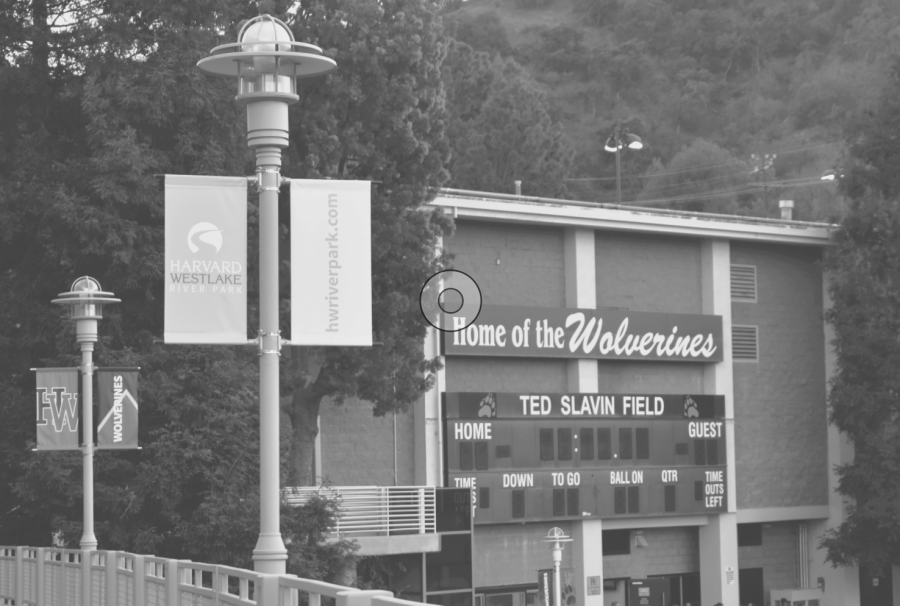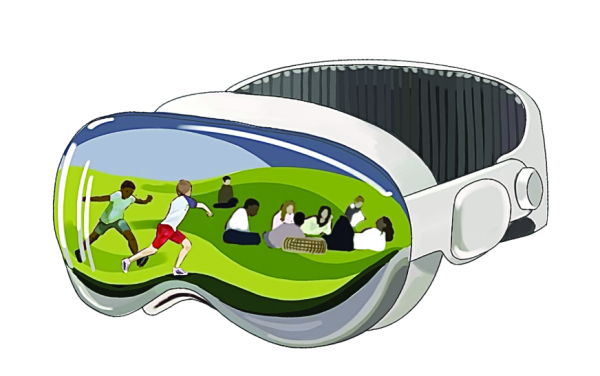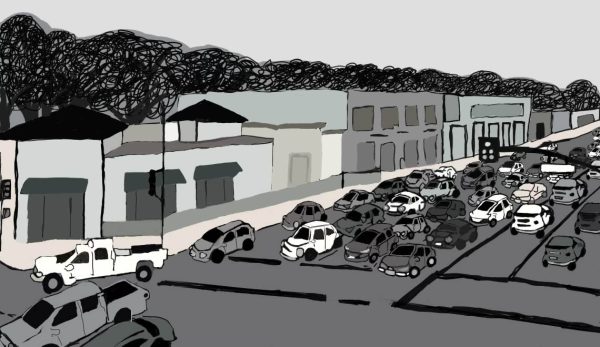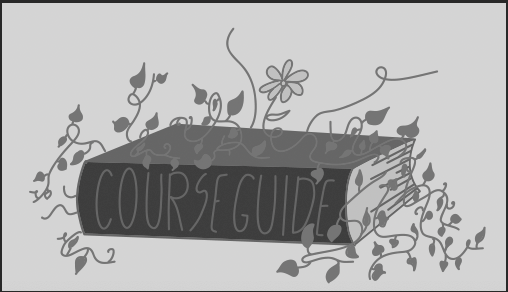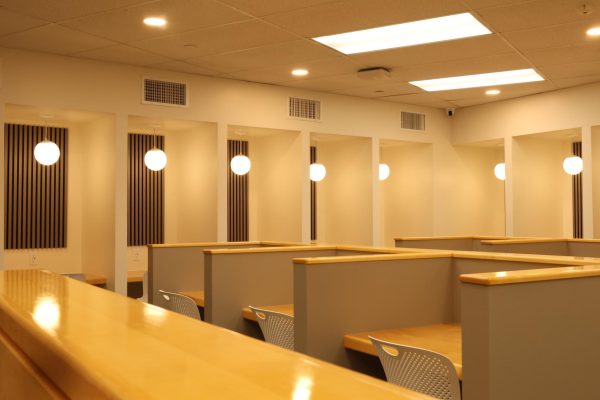Streamlining the River Park project
February 17, 2022
Despite the inundation of River Park banners on campus and related posts on the school’s social media accounts, much of the school community is disconnected from the project. Many students who see these banners do not think about River Park, have neutral opinions about it or do not know how the project will affect them or future classes. This is unsurprising; beyond descriptions of new facilities, the school has not properly communicated plans for how we can use our new space.
River Park’s website lists the school’s plans to build a six-acre park, new athletic facilities, underground parking, a putting green and a remodeled cafe. The project’s opponents assert that River Park is mutually exclusive with greater community access, which is rightfully refuted on the school’s website: All of River Park’s amenities will be available for public use between 7 a.m. and 3 p.m. and between 6 p.m. until closing, providing an accessible space for the community. Expanding the school’s athletic facilities also enables concurrent athletic practices, meaning school sports teams will not have to practice late at night.
However, the consequences of this conflict are greater than delaying River Park’s construction. Consulting the community and ensuring that their perspectives are included in River Park decisions is important, but by framing the project as a “yes or no” issue and dedicating so much effort toward swaying River Park neighbors’ opinions, the school is missing out on an opportunity to meaningfully engage with students and faculty.
Steady communication is a vital contributor to the school’s interests—ideas about using River Park to ease upper school parking problems and expand programs by reallocating newly unoccupied spaces on campus matter to students, and they make Save Weddington’s shallow claims less persuasive to the school community.
Unfortunately, the school has not facilitated this communication. Middle school students and teachers regularly receive updates about River Park’s progress, but almost everyone at the Upper School is left in the dark in comparison to middle school students. While consulting younger classes who will get to enjoy River Park before graduating makes sense, reviewing and discussing plans with upper school students is still crucial. We will likely graduate before the project is completed, but it is still a central part of our legacy and a chance to make an impact in our school community. Upper school students who have experienced both the successes and failures of the community are also the most likely to have suggestions for how River Park can be used by future classes. If given the chance, we can develop new ideas about shuttling schedules, a streamlined parking pass system and utilizing new facilities for non-athletic events like musical performances, art displays or robotics tournaments.
To encourage the development and transparency of these ideas and ultimately bring them to fruition, the school administration should regularly host River Park town hall meetings open to any students, teachers or staff members who want to propose ideas or learn more about how the new facilities could be used. In addition, the school should send surveys to the student body and all faculty and staff members to gauge the popularity of new and existing proposals and ensure that implemented suggestions represent the diverse perspectives of people who did not attend meetings. These surveys would also engage students who were not previously invested in the River Park project.
Including direct feedback while discussing the school’s initiatives has already been successful in informing and consulting families during COVID-19 and should be applied to the River Park project to encourage collective innovation and engagement. Considering the school’s success with student and faculty outreach on pertinent campus issues like the COVID-19 pandemic and the new block schedule, maintaining rigorous consultation and transparency in communicating updates is an obvious choice. After all, River Park is a community endeavor—it is time for us to treat it that way.































